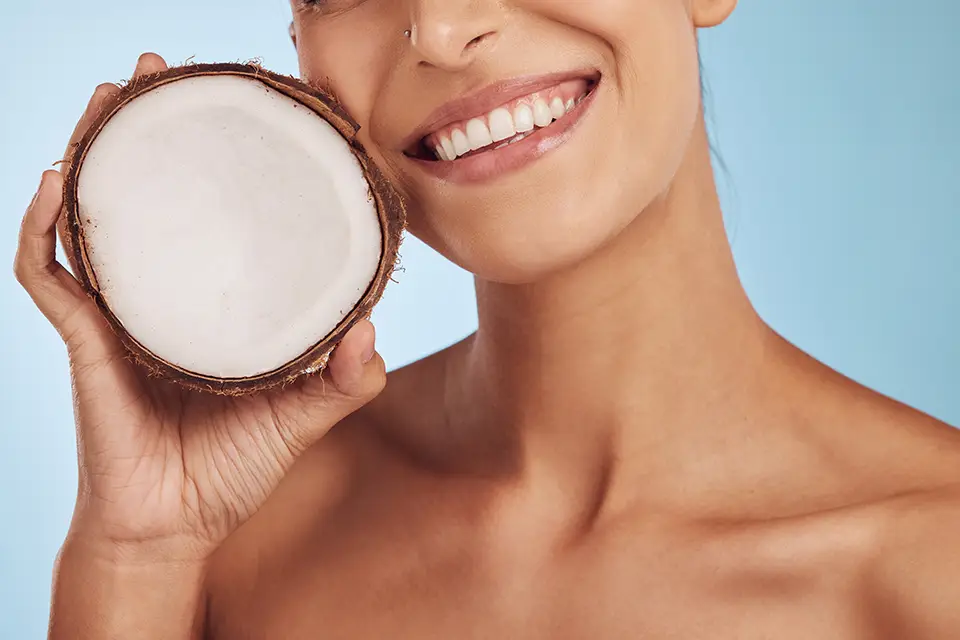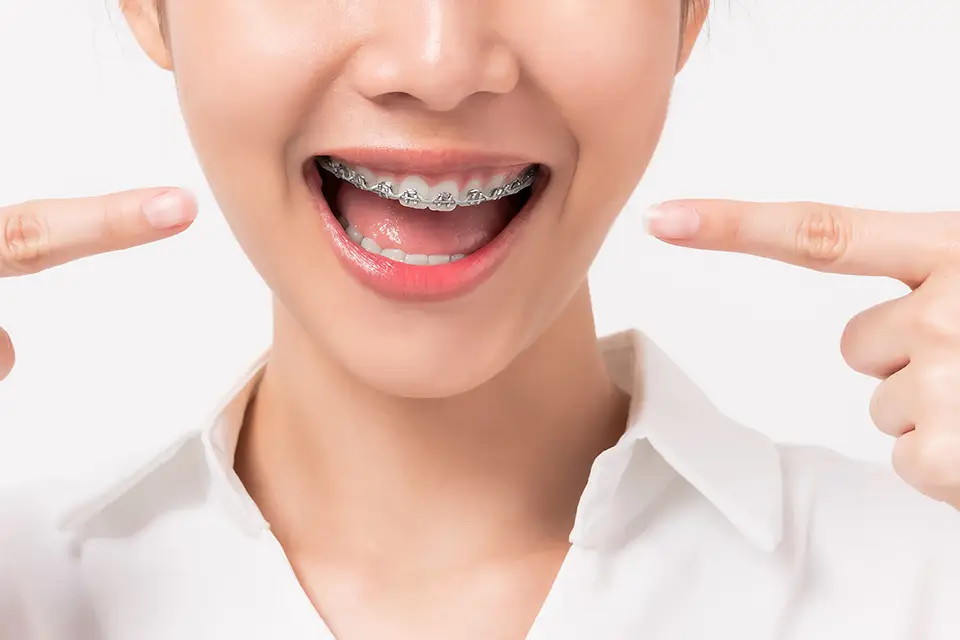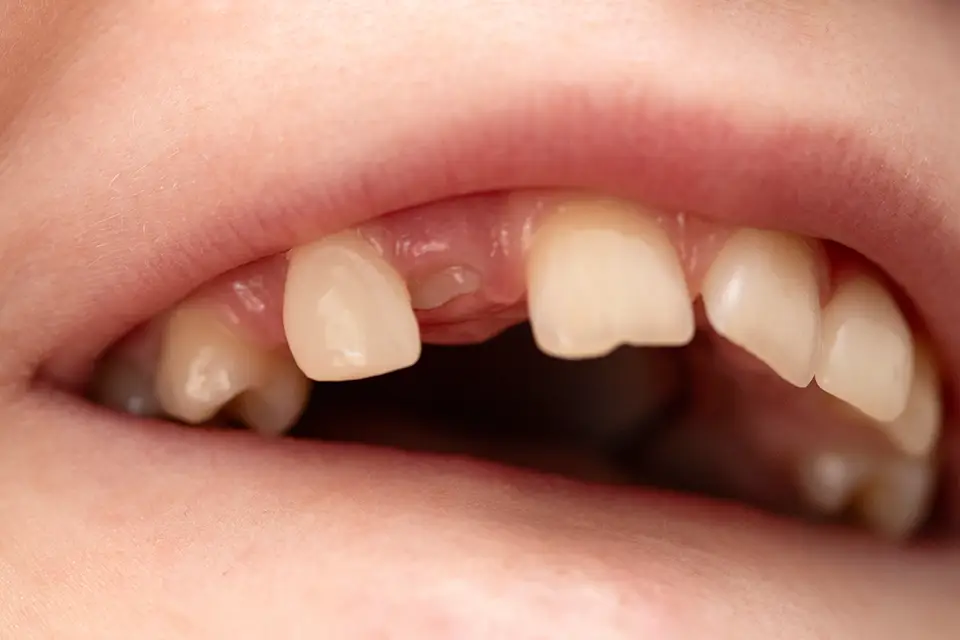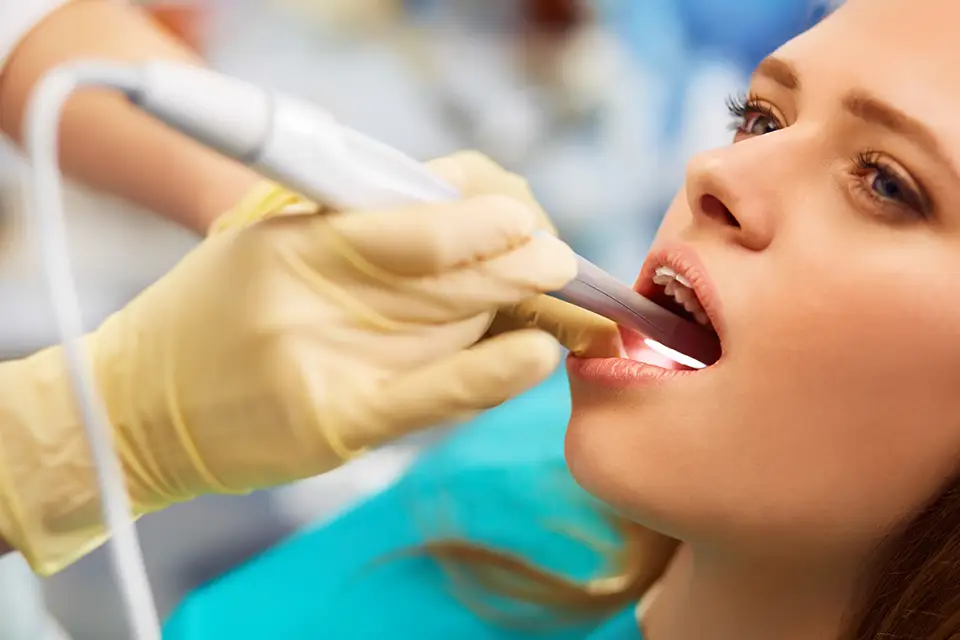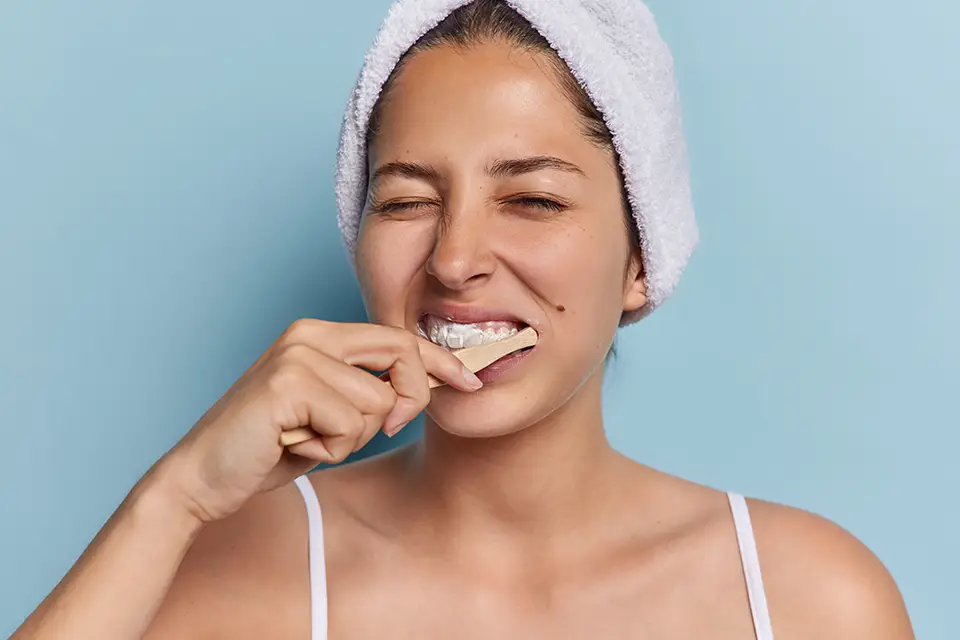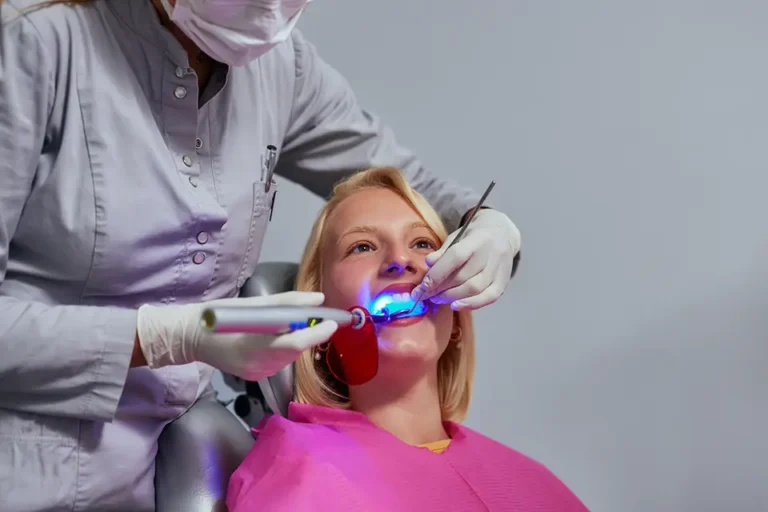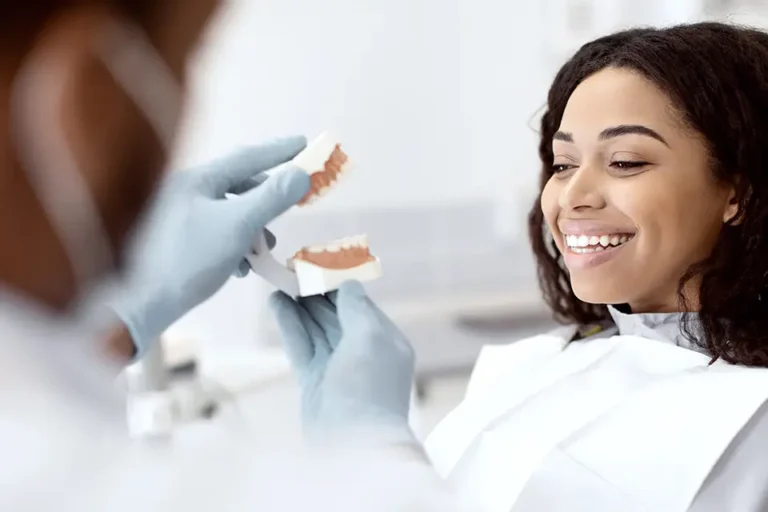Today, a bright, white smile is more desirable than ever. Teeth whitening is one of the most popular cosmetic dental procedures, whether for a special occasion or to boost daily confidence. From at-home kits to professional treatments, the options for achieving a radiant smile are numerous and diverse. In this blog post, we’ll look at how to whiten your teeth, the best methods, the ingredients used, and shared concerns about teeth whitening.
How to Whiten Your Teeth?
Teeth whitening is a cosmetic dental procedure that lightens the color of teeth while removing stains and discoloration. This is accomplished using various whitening agents that break down stains into smaller pieces, reducing the color concentration and making teeth appear whiter. Additionally, teeth whitening has become increasingly popular due to its non-invasive nature and the significant impact it can have on a person’s appearance.
What are the Best Teeth Whitening Methods?
Various teeth whitening methods are available, each with its benefits and drawbacks. The desired result, sensitivity levels, and individual needs all play a role in selecting the best approach.
At-Home Teeth Whitening
At-home teeth whitening is one of the most convenient and affordable options. Moreover, this method usually entails using whitening kits, including custom-fitted trays or pre-loaded strips applied to the teeth. While at-home whitening is effective, it typically requires more extended treatment and may produce different results than professional treatments.
- Pros: User-friendly, cost-effective, and convenient.
- Cons: Longer treatment time, potential for uneven results, may cause sensitivity.
Professional Teeth Whitening
Professional teeth whitening, performed by a dentist, is a highly effective method that produces immediate results. This procedure involves applying a high-concentration whitening gel to the teeth, which is then activated with a special light. Professional whitening can produce noticeable color changes in just one session.
- Pros: Quick, dramatic results, professionally supervised.
- Cons: Higher cost, the potential for temporary sensitivity.
Laser Teeth Whitening
Laser teeth whitening is a cutting-edge technique that uses laser technology to speed the whitening process. Additionally, after applying a whitening gel, a laser is used to increase the treatment’s effectiveness, resulting in quick and noticeable results.
- Pros: Fast and highly effective results.
- Cons: Expensive, can cause sensitivity, and also necessitates professional supervision.
Whitening Strips
Whitening strips are a popular at-home treatment that involves applying thin, flexible plastic strips coated in whitening gel to the teeth. They are a popular option for people seeking to enhance their smile in the comfort of their own homes because they are both easy to use and widely available.
- Pros: Simple to use, accessible, and reasonably priced.
- Cons: May cause uneven whitening, can lead to gum irritation, and also requires consistent use.
Whitening Toothpaste
Whitening toothpaste is easy and convenient for maintaining a brighter smile daily. Moreover, these toothpastes include mild abrasives and whitening agents to help remove surface stains.
- Pros: Easy to incorporate into your daily routine and helps prevent stains.
- Cons: Limited whitening effect, slow progress, and also enamel wear with excessive use.
Natural Teeth Whitening Remedies
Natural remedies include baking soda, activated charcoal, and coconut oil pulling. While these methods are popular, they are typically less effective and may take longer to produce results.
- Pros: Natural ingredients are cost-effective.
- Cons: Less effective, may necessitate more frequent use, and may also cause enamel damage if used incorrectly.
LED Teeth Whitening
LED teeth whitening uses whitening gel and a blue LED light to accelerate the whitening process. This method is available in both professional and at-home kits.
- Pros: Effective and faster than traditional at-home methods.
- Cons: Can be expensive, may cause sensitivity, and results vary depending on the quality of the kit.
What Ingredients Are Used for Whitening Teeth?
Understanding the ingredients in teeth whitening products is critical for making an informed decision. Moreover, here are some of the most commonly used ingredients:
Hydrogen Peroxide
The most common bleaching agent used in teeth whitening products is hydrogen peroxide. In addition, it breaks down into water and oxygen, helping to lift stains from the enamel.
Carbamide Peroxide
Another commonly used whitening agent is carbamide peroxide, which breaks down into hydrogen peroxide and urea. Due to its slower release, it is often used in at-home whitening kits, making it less likely to cause sensitivity.
Baking Soda
Baking soda is a mild abrasive that can remove surface stains from teeth. Moreover, it is commonly found in whitening toothpastes and can be used in DIY remedies.
Activated Charcoal
Activated charcoal is a widely used natural remedy that claims to whiten teeth by absorbing stains. However, its effectiveness is debatable and may need to be more abrasive for everyday use.

Coconut Oil
Coconut oil is used in oil pulling, a traditional method for improving oral health and whitening teeth. It’s gentle and natural, but the whitening effect is minimal.
Natural Ingredients (such as Turmeric)
Turmeric and other natural ingredients are occasionally used in DIY whitening treatments. Additionally, while they provide a natural alternative, they are generally less effective than chemical agents.
Is Teeth Whitening a Safe Procedure?
Teeth whitening is generally safe when done correctly, but improper use of whitening products can result in adverse effects.
Adhere to the instructions for whitening products to prevent overuse, which can result in gum irritation and tooth sensitivity. It’s also a good idea to consult a dentist before beginning any whitening treatment, especially if you have sensitive teeth or other dental issues.
Furthermore, tooth sensitivity is the most prevalent adverse effect, though it typically goes away after a few days. Using sensitive toothpaste and avoiding foods that are too hot or cold can help relieve discomfort.
How to Reduce Sensitivity After Teeth Whitening
- Use desensitizing toothpaste.
- Apply fluoride treatment or gel.
- Limit the frequency of whitening treatments.
- Avoid acidic and highly pigmented foods for a few days after whitening.
Can Teeth Whitening Damage Tooth Enamel?
When used as directed, teeth whitening products should not damage enamel. However, excessive or improper application can result in enamel erosion. Additionally, following the guidelines and staying within the recommended usage frequency is critical.
What Are the Benefits of Teeth Whitening?
Teeth whitening provides numerous cosmetic and psychological benefits that can improve overall well-being.
Cosmetic Benefits
The most obvious advantage is a whiter, more appealing smile. Moreover, teeth whitening can remove years of stains, making your smile look healthier and more youthful.
Psychological Impact
A brighter smile can increase self-confidence and self-esteem, resulting in a better self-image and more social interaction.
Effect on Oral Health
While teeth whitening is primarily cosmetic, it can promote better oral hygiene. Moreover, people who invest in whitening treatments are often more motivated to maintain their results through regular brushing, flossing, and dental visits.
Frequently Asked Questions
How long do teeth whitening results last?
Depending on your lifestyle and oral hygiene habits, results can last from a few months to a few years.
Can I whiten my teeth if I have dental restorations?
Whitening treatments do not affect crowns, veneers, or fillings, so you may need to replace them to match your newly whitened teeth.
Are natural whitening methods effective?
Natural methods can help with mild stains but are less effective than professional treatments.
Teeth whitening is a popular cosmetic procedure that can improve your smile and confidence. Moreover, understanding the various methods available and following proper usage guidelines will allow you to safely achieve the bright, white smile you’ve always desired.
Ready to transform your smile with a brighter, whiter look? Schedule your professional teeth whitening appointment at Zara Dental in Houston, Texas, today! Furthermore, our expert team is here to help you achieve the radiant smile you’ve always dreamed of. Contact us now to book your consultation and take the first step toward a more confident you.


